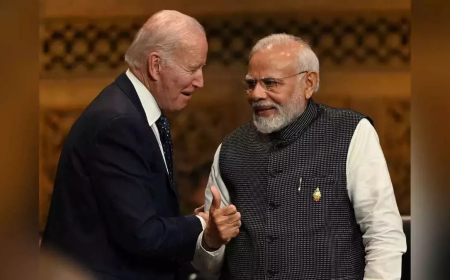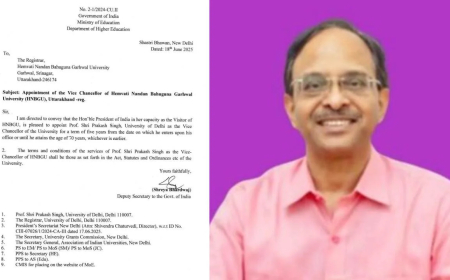Uniformity in Sight: Uttarakhand's Rush to Implement Uniform Civil Code`
Uttarakhand gears up to become the first Indian state to implement a Uniform Civil Code (UCC), streamlining personal laws across all citizens.

Uttarakhand is on the cusp of implementing the Uniform Civil Code (UCC), a concept that has been at the heart of India's constitutional ethos since independence. As envisioned under Article 44 of the Indian Constitution, the UCC aims to streamline the myriad personal laws governing various aspects of citizens' lives, including marriage, inheritance, and divorce, into a single, unified framework. Uttarakhand's pioneering step towards actualizing this vision has set the stage for a transformative shift in the nation's governance and social fabric.
With the state government racing against time to meet its self-imposed deadline, the atmosphere in Dehradun is abuzz with activity. Legal experts, policymakers, and community leaders are engaged in fervent discussions, fine-tuning the draft that will soon be tabled before the state legislature. Sources close to the development indicate that the draft UCC, once finalized, will undergo a thorough review process, incorporating feedback from the public and various stakeholders. This inclusive approach underscores the government's commitment to ensuring the new code resonates with the diverse populace of Uttarakhand.
Implementing a UCC is not without its challenges. The state must delicately navigate the intricate web of existing personal laws, each with its unique historical, cultural, and religious underpinnings. For instance, the Hindu Code Bills of the 1950s, which reformed Hindu personal law, and the Muslim Personal Law (Shariat) Application Act of 1937, are just two examples of the complex legal heritage that the UCC seeks to unify. Uttarakhand's success in this endeavor will not only simplify legal proceedings for its citizens but also pave the way for other states to follow suit.
Proponents of the UCC argue that a unified legal framework will foster a deeper sense of national integration and social cohesion, bridging the gaps between different communities. By eliminating the disparities inherent in the current system, the UCC is expected to promote gender equality, simplify legal disputes, and enhance the overall governance of the state. Critics, however, caution against the potential for cultural homogenization and the challenges of enforcing a 'one-size-fits-all' legal code in a country as diverse as India.
As Uttarakhand stands at the threshold of this groundbreaking reform, the nation watches with bated breath. The success of the UCC in the state will depend on several factors, including effective implementation strategies, public acceptance, and the ability of the legal system to adapt to the new framework. If executed thoughtfully, this bold initiative could not only transform Uttarakhand but also inspire a pan-India movement towards a more unified, equitable society.
Uttarakhand's foray into uncharted legal territory is as much about governance reform as it is about social unity. By demonstrating the political will and administrative capacity to overhaul its legal framework, the state is setting a significant precedent. This experiment will undoubtedly be closely observed by other states and the central government, potentially catalyzing a broader national discourse on the importance of a Uniform Civil Code in contemporary India. As the clock ticks down to the implementation, all eyes are on Uttarakhand, poised to etch its name in the annals of Indian legal history.































































